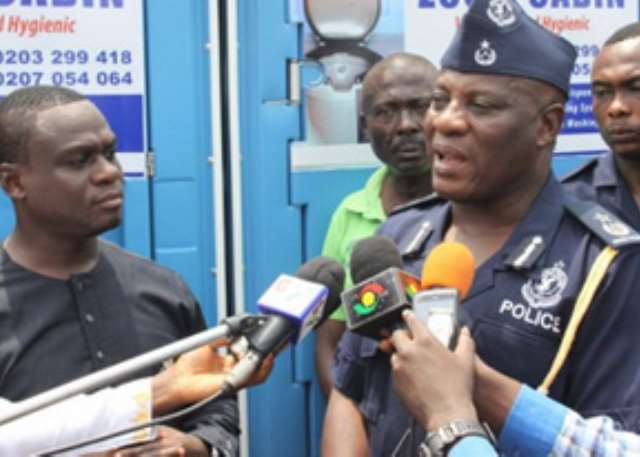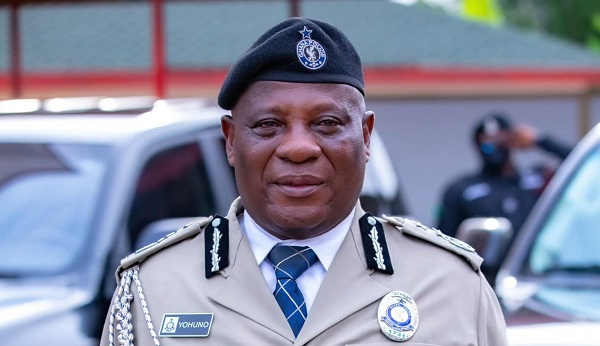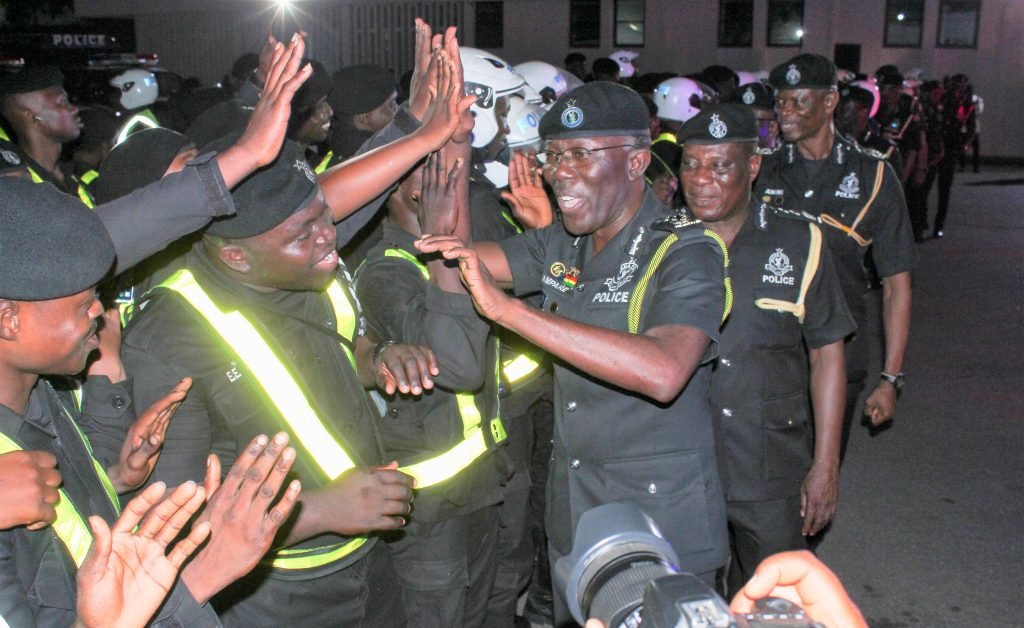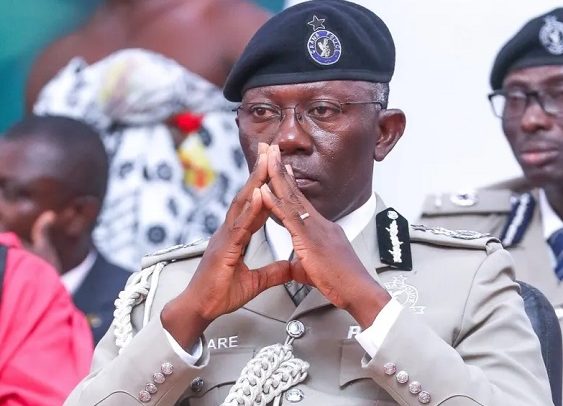

Emmanuel Felix Mantey, a lecturer and public interest advocate, has initiated legal action against the President of Ghana and several key officials over the controversial appointment of a new police deputy. Mantey, resident of House No. D114, Azumah Street, Lebanon-Ashaiman, Greater Accra, seeks to overturn the appointment of COP Christian Tetteh Yohuno to the non-existent position of 'Deputy Inspector General of Police in charge of Operations'.
According to Mantey's sworn affidavit, the following points outline his case:
- Mantey asserts that he is the deponent and applicant in the case, providing the affidavit based on his knowledge, information, and belief.
- He deposes that his legal points are grounded in his understanding of the law and on legal advice he has received.
- Mantey describes himself as a lecturer involved in public interest advocacy.
- The first respondent is identified as the principal legal adviser to the Government of Ghana, responsible for the conduct and defence of civil cases against the state.
- The second respondent is a constitutional body advising the President on internal security and police administration.
- The third respondent is a Commissioner of the Ghana Police Service and the recent appointee to the disputed position.
- A statement dated 17th July 2024 announced the appointment of the third respondent by the President, which Mantey contends is unlawful.
Mantey's affidavit contends that the role of 'Deputy Inspector General of Police in charge of Operations' does not exist within the current structure of the Ghana Police Service. He highlights that:
- The Police Service Regulations, 2012 (C.I. 76) create an office of 'Deputy Inspector General of Police' but do not establish divisions within it.
- The operational control of the Police Service is constitutionally vested solely in the Inspector General of Police.
- The President's appointment of the third respondent to a non-existent office is beyond his authority and, therefore, unlawful.
Mantey seeks several court orders, including:
- Prohibiting COP Mr Christian Tetteh Yohuno from acting in the role of 'Deputy Inspector General of Police in charge of Operations'.
- Preventing the respondents from furthering the appointment.
- Issuing an order of quo warranto against Mr Yohuno regarding his appointment.
- Any other orders the court deems just and proper.
This case has sparked significant public interest, as it addresses critical issues of governance and adherence to constitutional and statutory requirements in public service appointments.
This is the second lawsuit to have hit Yohuno's appointment. A private legal practitioner, Justice Abdulai was the first to have initiated legal action against the Attorney General (AG) and the Ghana Police Service (GPS) concerning this appointment. Abdulai argues that the appointment of COP Yohuno is “unconstitutional, null and void.” He is seeking an “order restraining COP Christian Tetteh Yohuno from acting or purporting to act as Deputy Inspector-General of Police in Charge of Operations.”
Additionally, Abdulai requests “a further order restraining the Inspector General of Police or any command under him from accepting, relating to and/or issuing instructions or commands to COP Mr Christian Tetteh Yohuno in his assumed capacity as Deputy Inspector-General of Police in Charge of Operations.”

President Akufo-Addo appointed COP Christian Tetteh Yohuno as the Deputy IGP in charge of operations on 17 July 2024. This appointment, according to the Jubilee House, followed the advice of the Police Council during its meeting on the same day, where COP Yohuno's exceptional credentials and dedication to duty were acknowledged. The statement described the Commissioner as a distinguished law enforcement officer with a career spanning over three decades, having held key positions within the Service.
Despite these accolades, the legal challenges seek to restrain COP Christian Tetteh Yohuno from acting in his newly appointed role, raising questions about the legality of the President's decision and the authority of the Police Council.
Read Full Story












Facebook
Twitter
Pinterest
Instagram
Google+
YouTube
LinkedIn
RSS